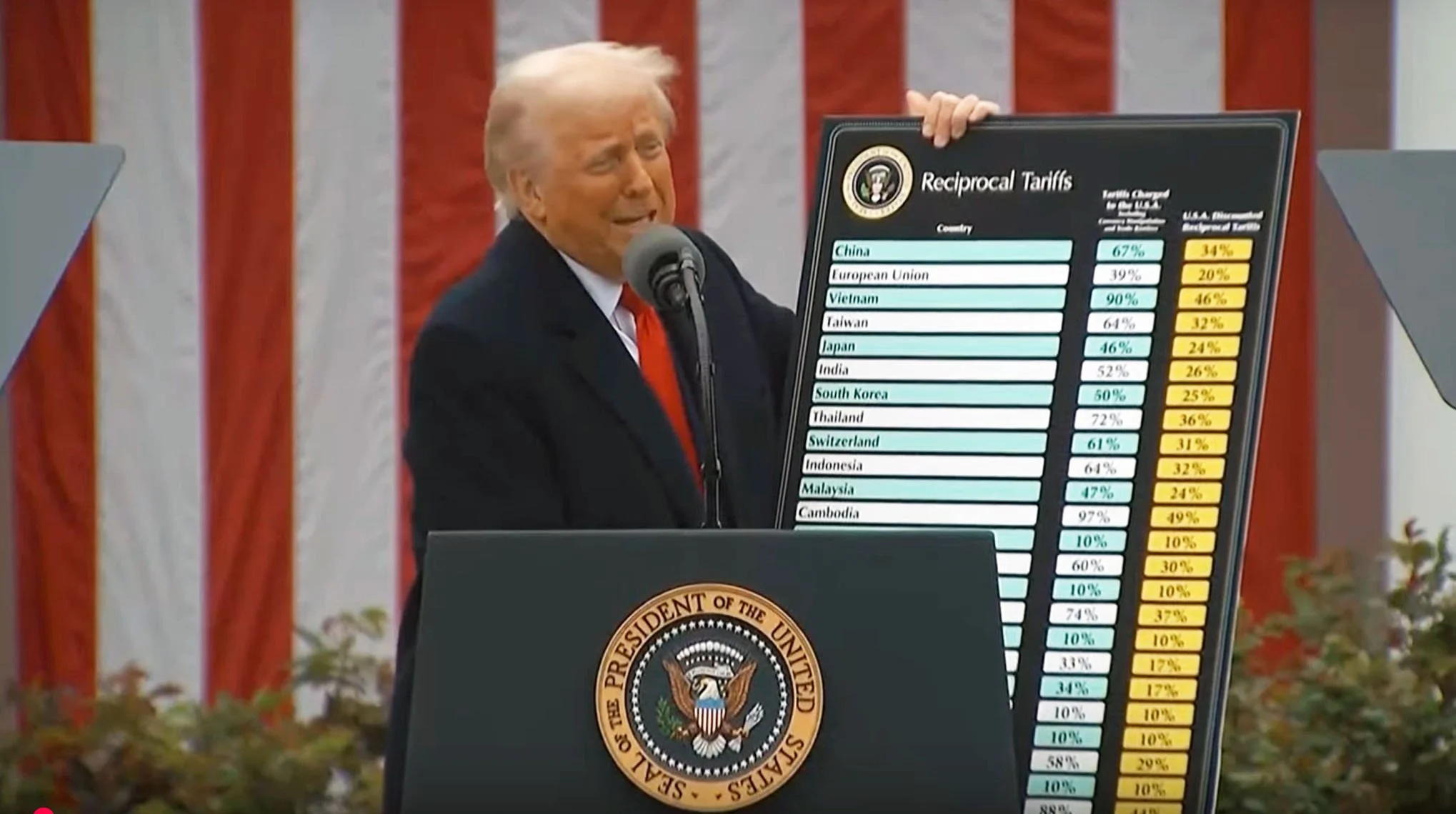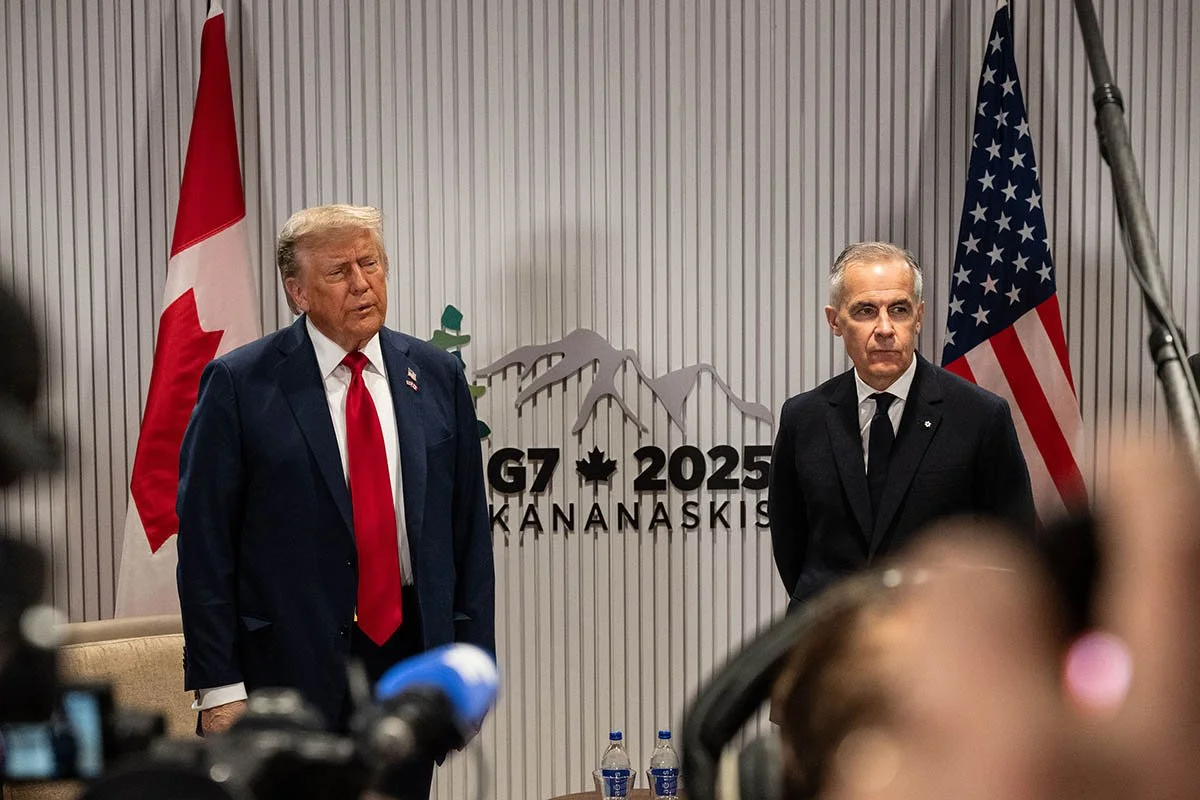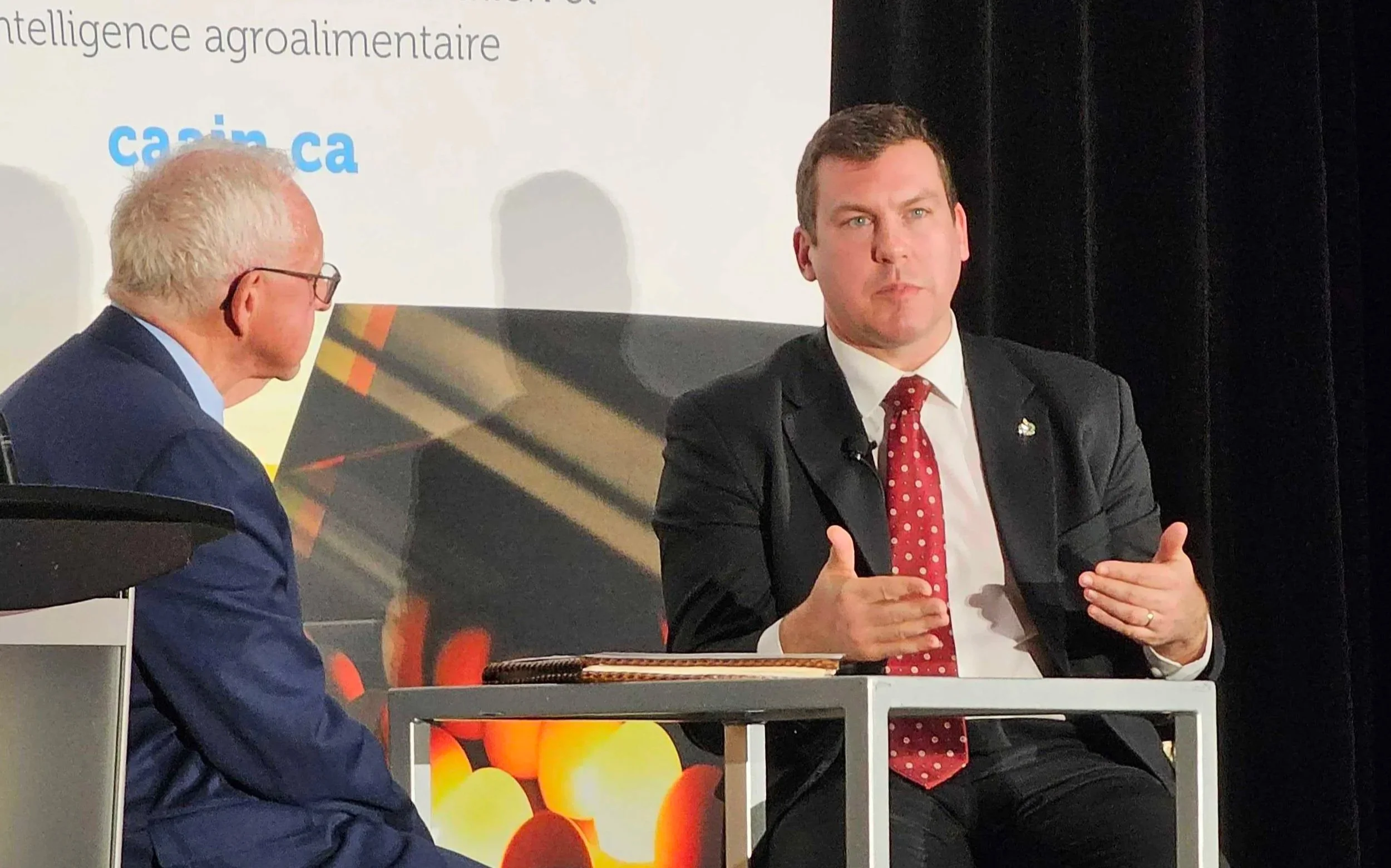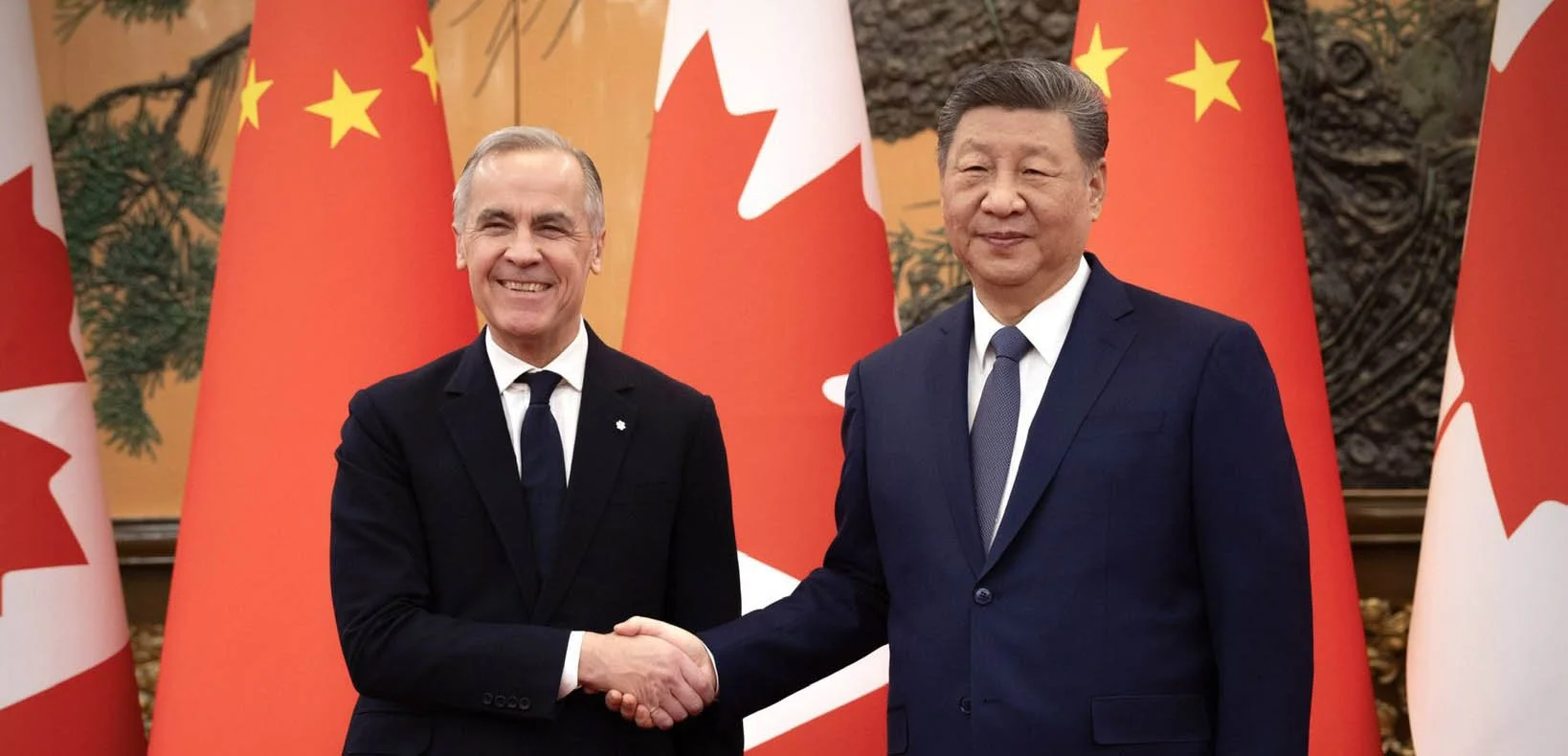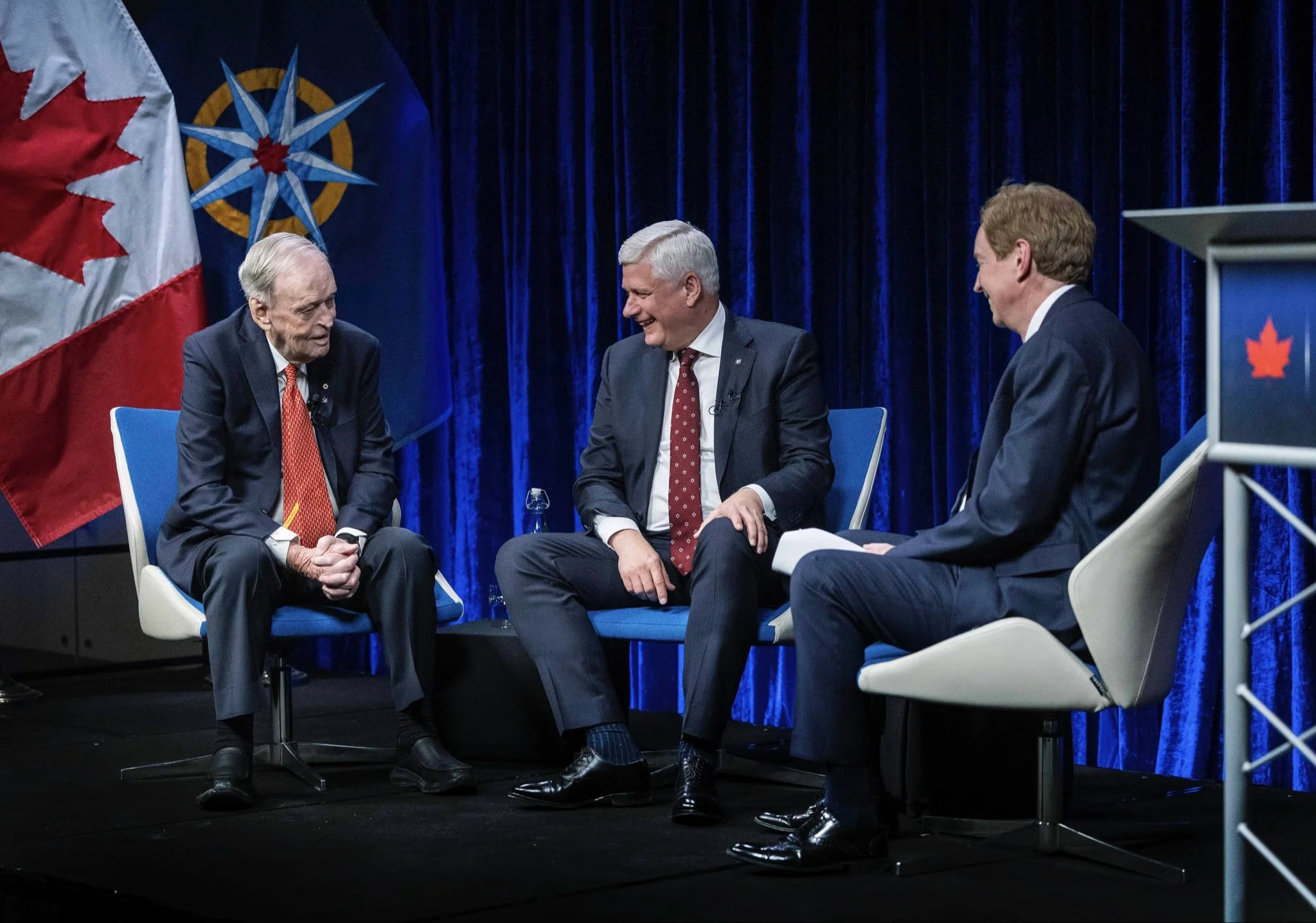Ministers must find 7.5% operating cuts in 2026-27: Champagne
‘You will be expected to bring forward ambitious savings proposals to spend less on the day-to-day running of government, and invest more in building a strong, united Canadian economy,’ Finance Minister François-Philippe Champagne wrote to ministers.
Prime Minister Mark Carney’s government has launched a sweeping cost-cutting initiative ahead of the 2025 federal budget, asking cabinet ministers to propose “ambitious” internal savings as Canada moves to accommodate unprecedented new defence spending and rising fiscal pressures.
In a pair of letters issued Monday, Finance Minister François-Philippe Champagne told ministers they must find ways to reduce direct program spending by 7.5 per cent in 2026-27, 10 per cent in 2027-28, and 15 per cent in 2028-29, the Globe and Mail reported. This effort, dubbed a “Comprehensive Expenditure Review,” targets the federal government’s operational costs but excludes transfers to provinces, interest payments and individual benefits.
“You will be expected to bring forward ambitious savings proposals to spend less on the day-to-day running of government, and invest more in building a strong, united Canadian economy,” Champagne wrote.
The letters mark a major step in preparing for the 2025 budget, expected this October. They also introduce a more rigorous process for ministers to request new funding: proposals must now align with the Prime Minister’s mandate and be backed by internal reallocations.
This comes as Canada pledges to significantly increase defence spending — up to $150 billion annually within a decade, or five per cent of GDP, according to Prime Minister Carney’s promise at last month’s NATO summit. That level far exceeds previous Liberal commitments and raises new questions about how such spending will be funded.
Michael Sabia, now Clerk of the Privy Council, said while the changes "aren't easy," they are an opportunity Canada cannot miss.
"While the changes we are living aren’t easy, they give us, as a country, the opportunity right now to make decisions that will put Canada’s economy on a more resilient path; that will make us a more prosperous and fairer country; and that can strengthen our national unity in the face of an increasingly divided world. That is a tall order," he said. "It will only be accomplished with a lot of hard work inside government and across the country."
The scale of the proposed spending cuts has sparked concern. David Macdonald, chief economist at the Canadian Centre for Policy Alternatives, told the Globe and Mail the targets could lead to “some of the largest cuts we’ve seen in a generation.”
“The point here is that these are massive cuts,” he warned, noting defence spending is likely exempt, shifting the burden to other departments.
Public Service Alliance of Canada president Sharon DeSousa echoed the concern, stating: “Cutting public services in the name of ‘efficiency’ isn’t the way forward and will only weaken the programs people depend on.”
Former Privy Council Clerk Michael Wernick argued that cuts alone will not bridge the fiscal gap. “The choices are borrow, tax, or cut other areas to make room. We will end up doing a bit of all three,” he wrote in an op-ed published by C.D. Howe Institute, suggesting a two-point hike in the federal sales tax as a possible solution.


